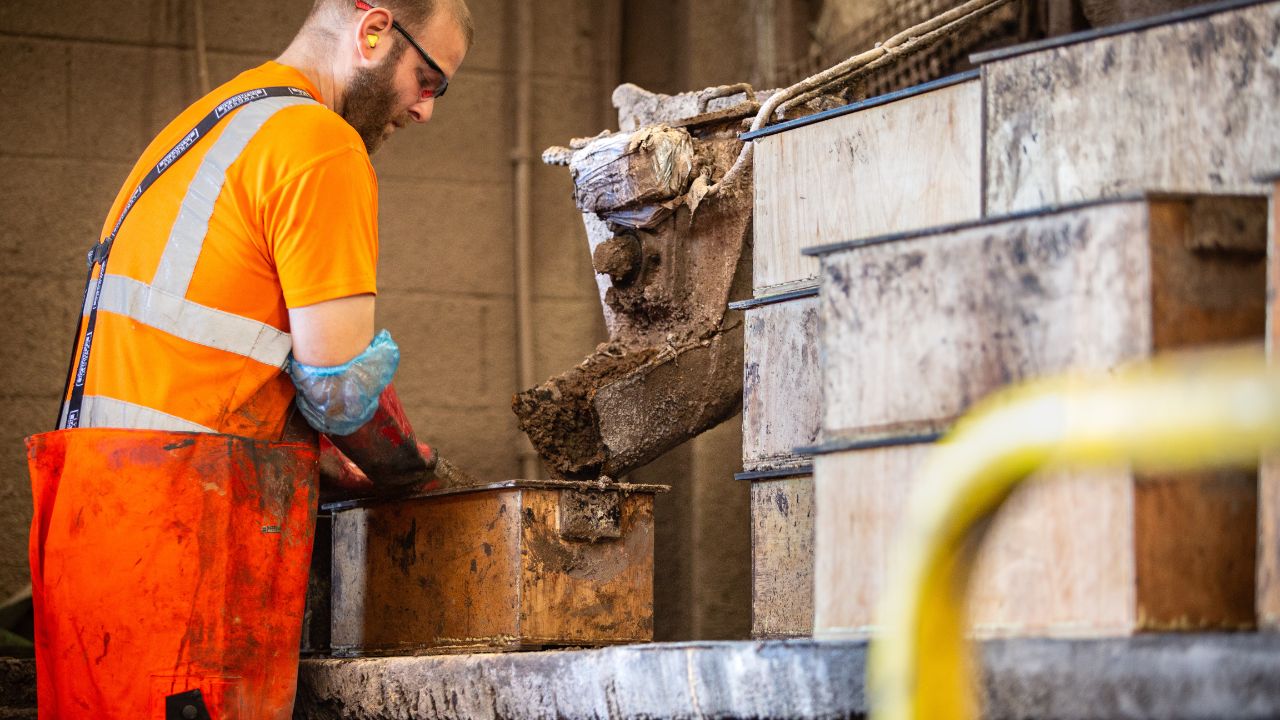Material Evolution makes low carbon cement from industrial waste streams. The Middlesbrough-based company, founded by Dr. Elizabeth Gilligan and Sam Clark, is kicking the kiln to the curb as its alkali-fusion process requires only ‘ambient temperatures’. With the cement industry currently responsible for 8% of global CO2 emissions you can see how replacing ‘energy-intensive kilns’ might just be the cat’s pyjamas.
The company has raised a £15 million, oversubscribed, Series A funding round to scale the cement production. The round was led by KOMPAS VC and includes Norrsken VC and CircleRock Capital joining existing investors Playfair Capital, At One Ventures, SkyRiver Ventures and HG Ventures. Strategic investment also came from SigmaRoc which sees a partnership forming to develop a range of low carbon concrete products.
“Since closing our seed round in September 2021, Material Evolution has achieved significant market traction from advanced off-take agreements amounting to over 35,000 tonnes of our product now entering the market after selling out our first year of production,” says Clark. “The investment will primarily be used to scale up production facilities and invest into further R&D to develop additional products for different construction use cases. The funding will also allow us to create blueprints for scaling and licensing our technology across the UK, Europe and beyond.”

“What makes Material Evolution different is that we don’t believe it will be one material that saves the world. We believe that to rapidly scale across the industry we need to have localised material sources,” says Gilligan. “We have created a product that not only produces lower emissions but is also lower in cost and has a higher performance.”
“Decarbonising building materials like cement and steel are core to our investment focus. The cement industry produces between 800 to 950 kg of CO2 per tonne of cement it produces, which is unacceptable. Material Evolution is the best kept secret in this space and has demonstrated that by taking a fundamentally different approach to product development,” says Sebastian Peck, Partner, KOMPAS VC.



Would you like to write the first comment?
Login to post comments